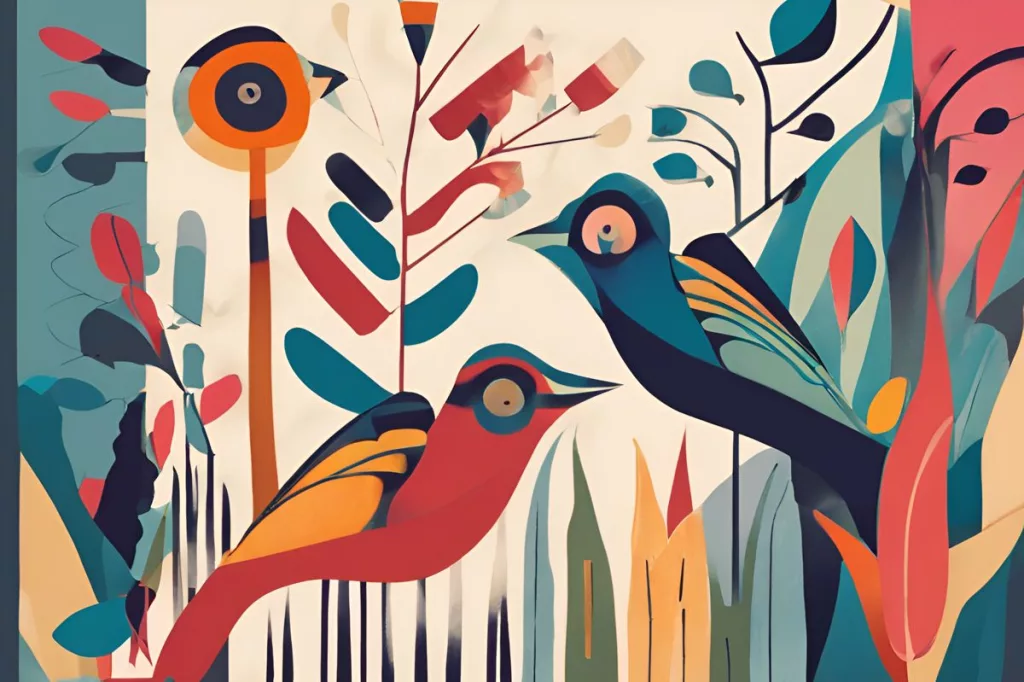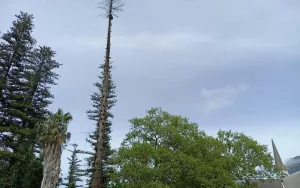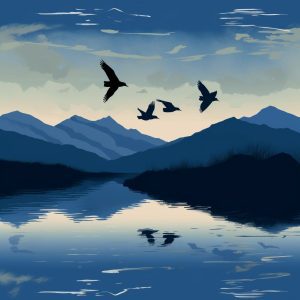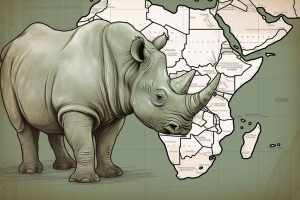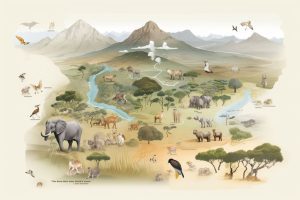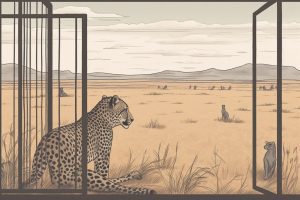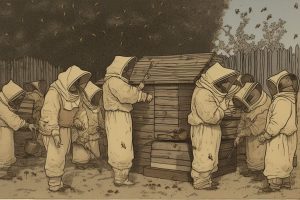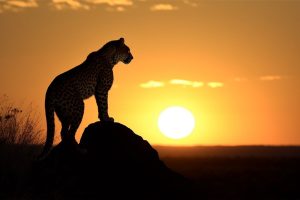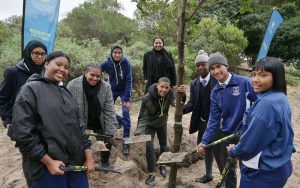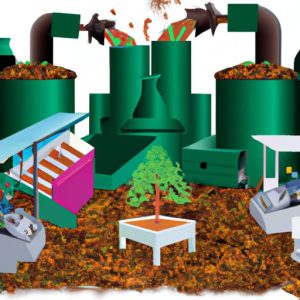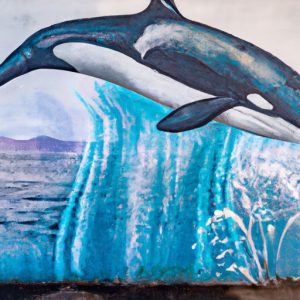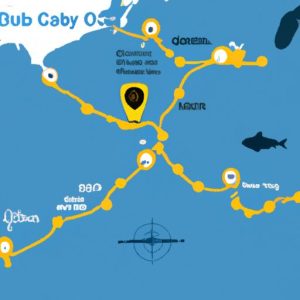Cape Town is calling on organizations to join the Protected Area Advisory Committees to help preserve nature reserves and their unique biodiversity. These committees facilitate communication and partnerships between local communities, interest groups, and the City, playing a fundamental role in managing the City’s nature reserves. The makeup of the committees reflects diversity and inclusivity, and they oversee a variety of nature reserves, each with picturesque landscapes. Cape Town’s initiative stands as a hopeful model for community participation in environmental conservation.
The Norfolk Island Pine in Arderne Gardens contracted a severe case of dieback disease, which unfortunately led to its removal. The declining health of the tree made it clear that it had to be taken down to ensure public safety. The process was executed with utmost care to avoid damage to the surrounding area, and replacement plans are already underway for a new sapling to take root in the garden.
Climate change is posing a massive threat to the survival of amphibians, with 40% of the species currently at risk of extinction. The sensitivity of their permeable skin to environmental changes makes them vulnerable, and the inability to adapt to unpredictable conditions makes them more prone to disease and survival difficulties. Immediate and proactive conservation efforts, along with habitat preservation strategies, are required to protect these essential members of our ecosystem and promote the health of our planet.
In what can only be described as a significant milestone in the fight against poaching in South Africa, a 32year sentence was imposed on Freedom Ndlovu for his involvement in a series of poachingrelated offenses. This decision reinforces the gravity of wildlife crimes and the need for stricter measures to combat them. Lieutenant General Semakaleng Daphney Manamela, the Provincial Commissioner of the South African Police Service (SAPS) in Mpumalanga, expressed hope that the harsh penalty would serve as a warning to other wouldbe offenders.
South Africa’s Department of Forestry, Fisheries, and the Environment is proud to join the global community in celebrating World Migratory Bird Day on May 13, 2023. The event aims to raise awareness about the challenges faced by migratory birds and promote habitat conservation.
The recent capture of Odis Maluleke on May 6, 2023, is a significant development in the ongoing struggle against rhino poaching in South Africa. Maluleke is one of Mpumalanga’s most wanted rhino poaching suspects. His capture marks a testament to the persistence of law enforcement and conservation organizations in their efforts to conserve rhino populations and bring notorious criminals to justice.
South Africa is hosting the Fifth Global Conference on Biodiversity Finance in Cape Town, bringing together delegates from various parts of the world, including representatives from Brazil, Cambodia, Germany, and UNEP Executive Director Inger Andersen, to discuss crucial challenges and opportunities related to financing biodiversity conservation.
The reintroduction of cheetahs to their former range in India is a complicated and perilous process that requires careful monitoring and management. The Memorandum of Understanding signed between South Africa and India aims to promote cooperation and shared expertise for the conservation of cheetahs. However, the recent death of one of the 12 cheetahs relocated to Kuno National Park has highlighted the significant challenges of the reintroduction project, particularly during the critical phase of releasing cheetahs into freeranging conditions.
Honeybees play a vital role in maintaining the health of the planet’s ecosystem. They are responsible for pollinating a third of the food we eat, including fruits, vegetables, and nuts. However, honeybees are facing numerous threats, such as habitat loss, pesticides, climate change, and disease, which have contributed to the decline in bee populations.
The reintroduction of large carnivores into the wild is a critical step towards conserving threatened species. The cheetah, specifically, has seen a significant decline in population in recent decades. While reintroduction programs are inherently risky, they are crucial to the expansion of the cheetah metapopulation and restoration of the animal to its former range state.
An educational program was held at Westridge Gardens to celebrate World Earth Day, which was a success with the participation of sixty learners from Princeton Secondary in Woodlands. World Earth Day is an annual celebration that began in the United States in 1970 and is celebrated every April 22. This year’s theme was “Invest in Our Future,” emphasizing the importance of investing in the local green economy, reducing personal carbon footprint, and promoting sustainable livelihoods.
South Africa faces a severe social housing crisis, with many people living in inadequate and overcrowded conditions. **Dr. Abubakar Sadiq Mohammed**, a recent Ph.D. graduate from Stellenbosch University, has developed a solution to this problem. His innovative woodplastic composite material combines invasive Port Jackson trees with recycled lowgrade plastic waste to create affordable and sustainable housing.
The Wavescape Surf & Ocean Festival is a celebration of ocean culture, art, and environmental activism that recently took place in Cape Town. The festival’s primary goal is to raise public awareness of critical ocean issues and inspire people to protect what they love. This year’s edition, which featured a plethora of events, from screenings to talks, performances, and exhibitions, was successful in raising an astonishing R712 000 for ocean charities.
Two months ago, Bob the green turtle embarked on a remarkable journey through the ocean. His journey has been meticulously tracked by the Turtle Conservation Centre, and the data collected has provided invaluable insights into the behaviour and movements of green turtles.

